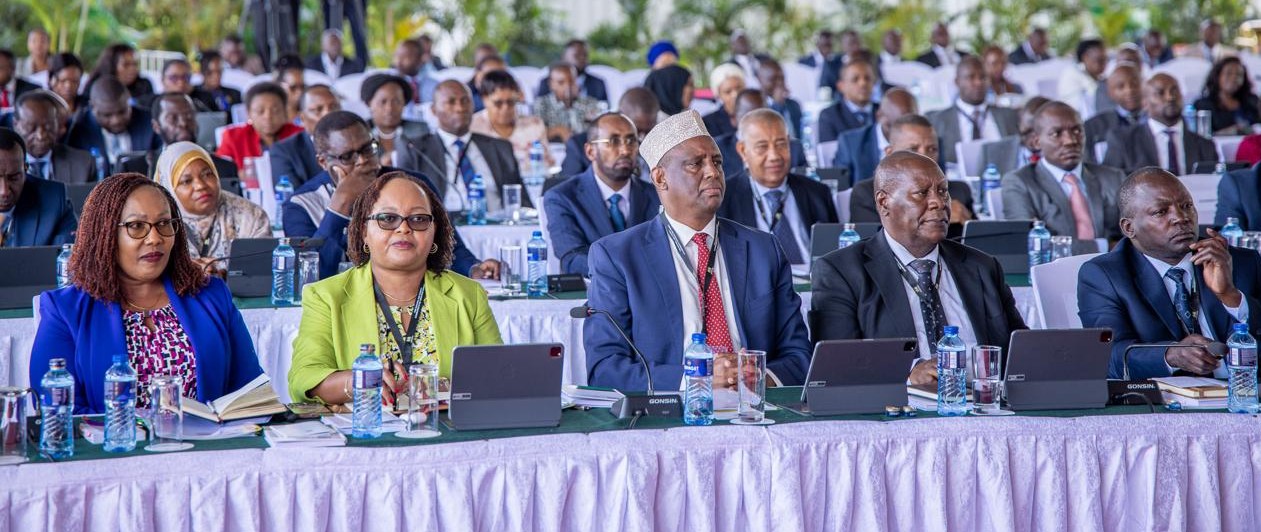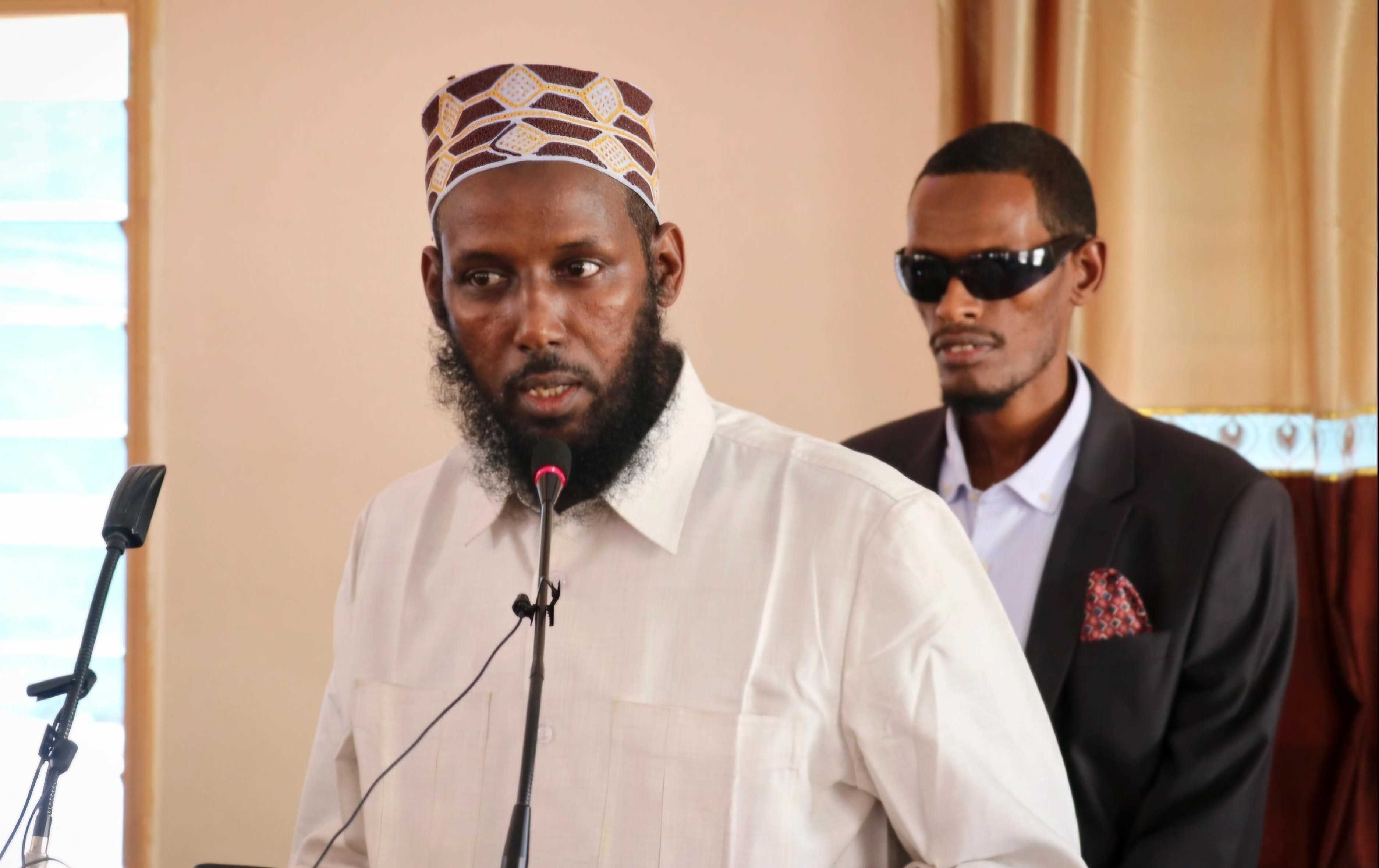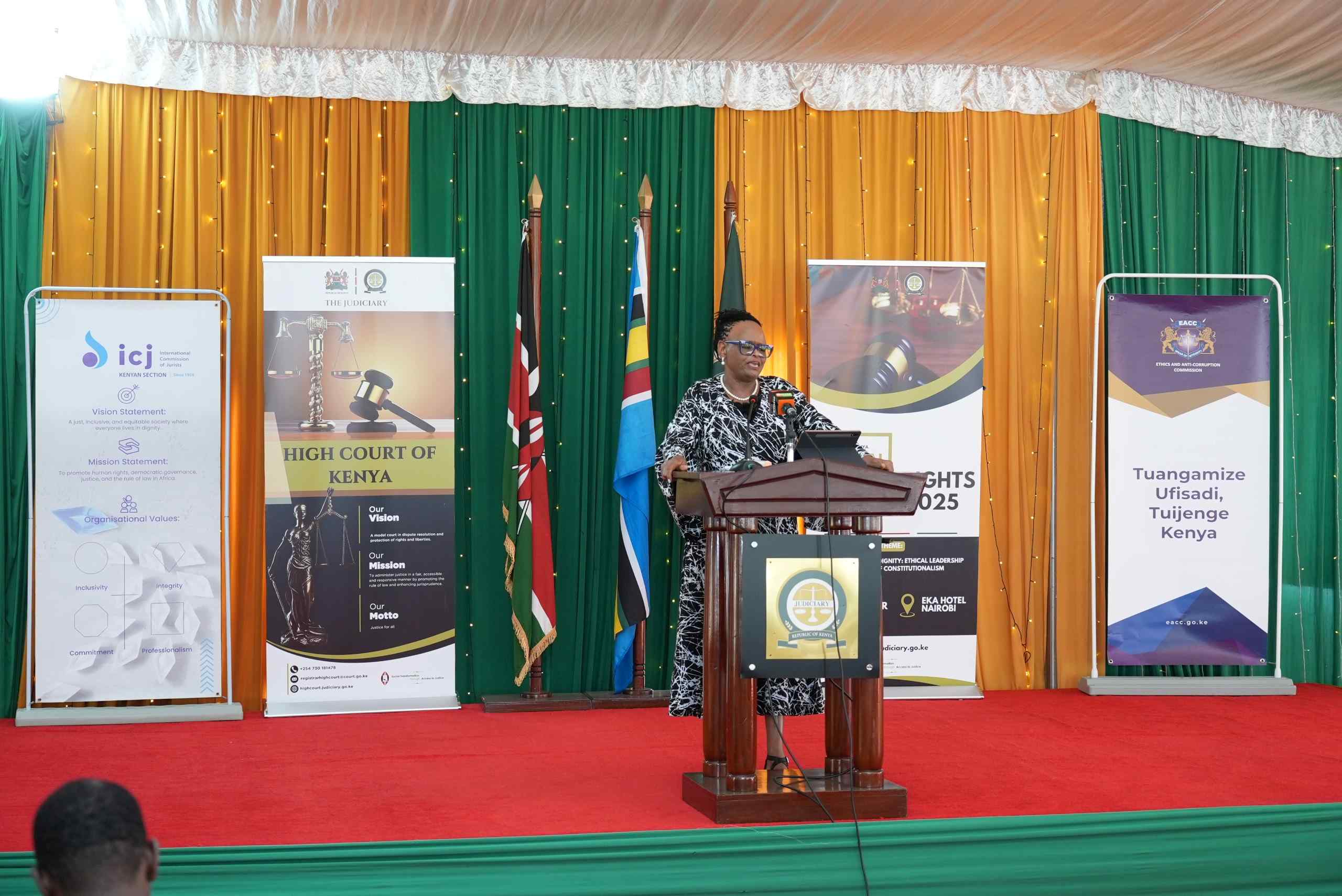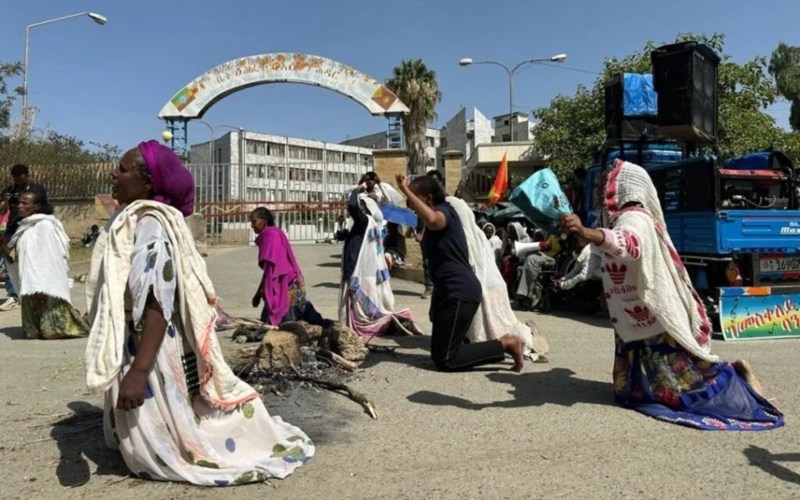Airstrikes against terror groups in Somalia double as US maintains counterterrorism support in Africa
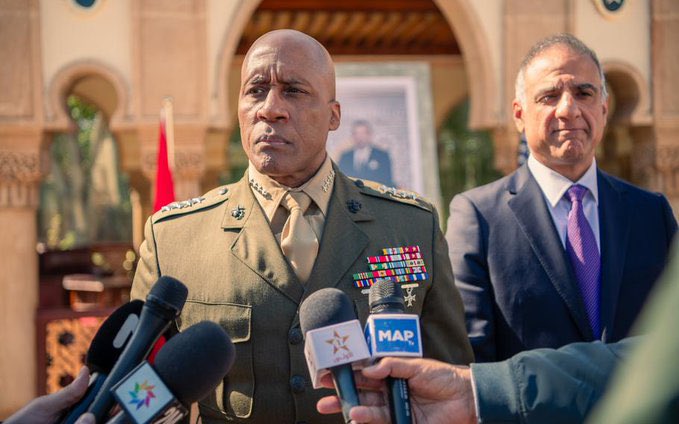
General Langley noted that the airstrikes have contributed to the degradation of Al-Shabaab, which has increasingly resorted to ambushes and improvised explosive device (IED) attacks as a result.
AFRICOM has doubled the number of airstrikes carried out against terror groups in Somalia this year and will continue supporting the country’s fight against Al-Shabaab upon request, General Michael Langley confirmed at a press briefing as the African Chiefs of Defence Forces Conference concluded in Nairobi on Friday.
Avoiding comment on the financial challenges facing the new African Union mission (AUSSOM) in Somalia, Langley stated that the United States remains committed to working with Somali stakeholders, regional partners, and neighbours to enhance cooperation in countering the formidable threat posed by Al-Shabaab.
More To Read
- AfDB grants full debt relief to Somalia after decades of economic turmoil
- UNAIDS hails Kenya–US health framework as major boost for HIV response
- Trump faces rising backlash over remarks targeting Somali immigrants
- Lawyer Chacha Mwita charged with terror financing, freed on Sh5 million bail
- Trump administration halts immigration applications for migrants from 19 nations
- Somalia welcomes first group of Sudanese students under new scholarship programme
“That question is really a matter of policy and diplomacy. I know the African Union (AU) and the United Nations (UN) are working to resolve these issues, but from a security and operational perspective, we strongly support the sustainability of long-term stability in Somalia,” he said.
The General emphasised that Somalia must take a leading role in addressing its internal security challenges by building its capacity.
“That’s where we come in. We aim to promote shared responsibility across a broad coalition so that the Somali National Army (SNA) can achieve its security objectives. The current funding issues within AUSSOM highlight the broader difficulties, but I’ll leave that debate to others. If those challenges are addressed, it will significantly enable continued operations in the SNA’s fight against Al-Shabaab,” he added.
General Langley noted that the airstrikes have contributed to the degradation of Al-Shabaab, which has increasingly resorted to ambushes and improvised explosive device (IED) attacks as a result.
The strikes have also diminished ISIS-Somalia’s territorial control and disrupted its operations as part of wider efforts to undermine its ability to maintain a global network.
“These increased strikes have delivered tactical gains against both groups. However, lasting success will depend on a comprehensive strategy that tackles the root causes of instability. This includes institutional development across the SNA and broader governance structures,” he said.
The conference, which began earlier in the week, addressed key issues such as counter-terrorism efforts and the need for coordinated operations to build a future force capable of delivering security, stability, and prosperity across the continent.
“African militaries are confronting security challenges head-on and seizing opportunities to ensure stability and prosperity for their nations. Even as I speak, they continue to rise to the occasion and take control of their futures,” Langley said.
Terrorism remains one of the most significant security threats facing Africa. The Sahel region has now become the global epicentre of terrorism, with Burkina Faso, Mali, and Niger grappling with insurgencies linked to ISIS and al-Qaeda-affiliated groups. The Lake Chad Basin is also witnessing a resurgence in extremist activity.
The Commander warned that a growing objective of terrorist networks is to gain access to West Africa’s coastline.
“If they manage to secure coastal access, they can fund their operations through smuggling, human trafficking, and arms trading. This threatens not only African nations but also increases the risk of those threats reaching the United States. That is why our coastal partners—Ghana, Côte d’Ivoire, and Benin—are fighting determinedly along their northern borders to halt terrorist expansion, and AFRICOM is standing with them,” he affirmed.
Langley assumed command of AFRICOM in August 2022, following the retirement of General Stephen Townsend.
“This will likely be my final Chiefs of Defence Conference as AFRICOM Commander. A nomination for my successor is expected soon. Regardless of who holds this role, AFRICOM’s mission remains unchanged. We will continue to stand shoulder to shoulder with our African partners in the years ahead,” he concluded.
Top Stories Today


